Eat, Drink And Be Healthy
 If you want to be healthy, you must eat healthy food and that includes what you drink. While there are so many factors that can determine whether you’ll be healthy or not, exercising and eating/drinking healthy are two of the most important. That’s especially important since these are factors that you can control. Today, obesity has reached the level that it’s number one on the list of factors in preventable diseases. Changing your eating habits doesn’t have to be hard. It all starts with one small change.
If you want to be healthy, you must eat healthy food and that includes what you drink. While there are so many factors that can determine whether you’ll be healthy or not, exercising and eating/drinking healthy are two of the most important. That’s especially important since these are factors that you can control. Today, obesity has reached the level that it’s number one on the list of factors in preventable diseases. Changing your eating habits doesn’t have to be hard. It all starts with one small change.
Changing what you drink is as important as changing what you eat.
If you drink carbonated drinks, coffee with cream and sugar, fruit juice or even alcoholic beverages with any regularity, you’re adding both extra calories and often health risks. Not only are some soft drinks nothing more than sugar, carbonated water and flavoring, they all contain a high amount of sodium—-even diet drinks. Although diet drinks don’t contain sugar, they do contain artificial sweeteners that can be just as bad for your health. Considering one can of cola is about 140 calories, if you drank two cans of cola a day, by switching to water you could lose a pound in less than two weeks without any other changes to your diet. That’s pretty amazing and one quick and healthier because you’re also cutting down on sugar, too.
Add more fruits and vegetables to your diet.
Adding more green will keep you lean. While you should add more fruit and vegetables, there are also two extra rules to follow. Add more vegetables than fruit. You should have between two and two and a half cups of vegetables and just one and a half to two cups of fruit per day. Don’t forget, you need a good source of protein and healthy fat, too. Both fill you up and keep you feeling fuller longer.
Set yourself up for successful healthy eating.
Okay, if you’re ravenous about nine o’clock at night, it’s not really a good time to eat, but if you must, make sure you have healthy snacks available. Throw out or simply don’t buy unhealthy options. Have healthy ones ready instead. Cut up fresh fruit and vegetables and have them ready for snacks. Have some yogurt based vegetable dip to add some protein. If you have a cantaloupe cut up in bite size squares, people tend to eat it. Have nuts ready to eat in individual portion bags. A sliced apple with a teaspoon of nut butter is a healthy option, too.
- Cutting out added sugar can be difficult, but well worth it for good health. While you’re doing it, keeping a supply of fresh grapes, cherries or other sweet fruit can help.
- Make sure your meals and snacks have a source of protein. While carbs from vegetables give you an energy boost immediately, the protein will keep you full longer.
- Remember, you don’t have to give up your favorite food forever, even if it isn’t the healthiest. Just eat it far less frequently and remember portion control.
- Learn to make substitutions to lower calories and improve nutrition. Something as simple as using Greek yogurt on your baked potato can be easy, yet effective.



 People in Irvine, CA, who are the most successful at weight loss choose veggies to dominate their menu. One reason for that is their fiber to calorie ratio. They’re high in filling fiber compared to their relatively low calorie count. They also have more water compared to lower sugar. That means they fill you up before you’ve consumed enough calories to gain weight.
People in Irvine, CA, who are the most successful at weight loss choose veggies to dominate their menu. One reason for that is their fiber to calorie ratio. They’re high in filling fiber compared to their relatively low calorie count. They also have more water compared to lower sugar. That means they fill you up before you’ve consumed enough calories to gain weight.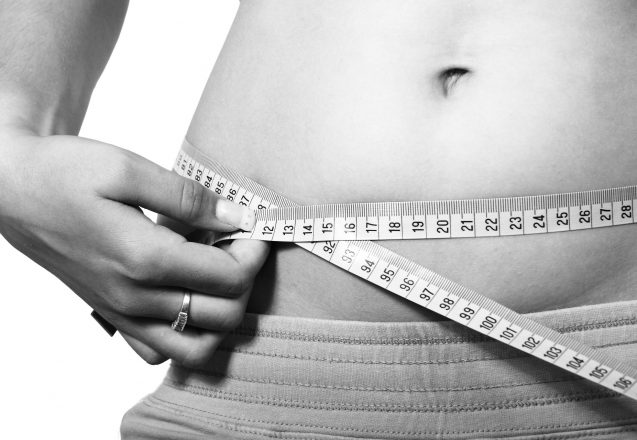
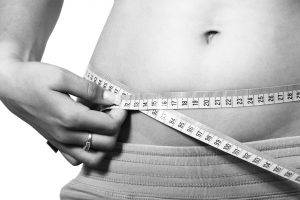 One of the biggest problems faced by many women who come into the gym is the accumulation of fat around the middle, especially on the belly. You can reduce belly fat and get those flat abs everyone wants, but it takes more than just exercise to do it. Belly fat is viscous fat, which is the unhealthiest type of fat that’s also the toughest to eliminate. Getting rid of it means making several lifestyle changes.
One of the biggest problems faced by many women who come into the gym is the accumulation of fat around the middle, especially on the belly. You can reduce belly fat and get those flat abs everyone wants, but it takes more than just exercise to do it. Belly fat is viscous fat, which is the unhealthiest type of fat that’s also the toughest to eliminate. Getting rid of it means making several lifestyle changes.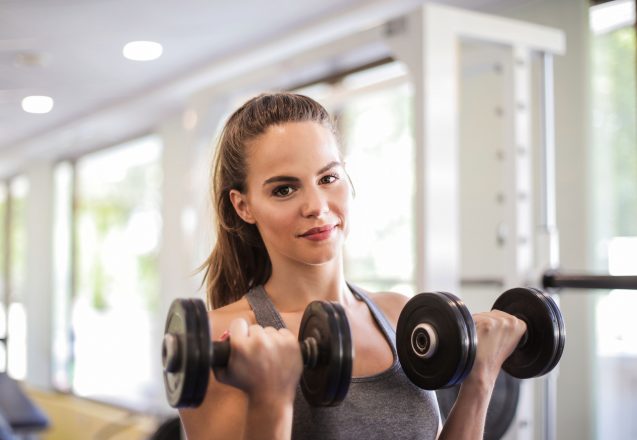
 No matter where you live, if you’re working out, you probably want to burn fat and build muscle tissue. Clients in Irvine, CA, who want to lose weight, often use a personal trainer to learn lean muscle workouts that help them do both. While doing any type of workout will help you lose weight, not all workouts will help you build muscles at the same time. Building muscle tissue is important. The more muscle tissue you have, the easier it is to keep weight from returning in the future. Muscle tissue requires more calories for maintenance than muscle tissue does.
No matter where you live, if you’re working out, you probably want to burn fat and build muscle tissue. Clients in Irvine, CA, who want to lose weight, often use a personal trainer to learn lean muscle workouts that help them do both. While doing any type of workout will help you lose weight, not all workouts will help you build muscles at the same time. Building muscle tissue is important. The more muscle tissue you have, the easier it is to keep weight from returning in the future. Muscle tissue requires more calories for maintenance than muscle tissue does.
 There’s no way to do a spot exercise and expect fat to come off just that spot. It’s true whether you’re talking about belly fat, inner thigh fat or fat on your booty. When you lose weight, it comes off your entire body, no matter how many spot exercises you do. However, exercise can tone the muscle under the fat to give some of the results you’ve hoped to achieve. It won’t make you lose weight just on your inner thighs, but will help improve the appearance.
There’s no way to do a spot exercise and expect fat to come off just that spot. It’s true whether you’re talking about belly fat, inner thigh fat or fat on your booty. When you lose weight, it comes off your entire body, no matter how many spot exercises you do. However, exercise can tone the muscle under the fat to give some of the results you’ve hoped to achieve. It won’t make you lose weight just on your inner thighs, but will help improve the appearance.
 If you’re trying to lose weight or just get out of the junk food habit, menu planning and food prep should be top priority. Too often plans for healthy eating go down the drain the first time you have to stop at the store on the way home from work or can’t figure out what to make for supper. Instead of getting groceries, getting take-out sounds a lot better! That’s easy to understand in today’s busy world. Here are some ways to avoid that hassle and make eating healthy a breeze.
If you’re trying to lose weight or just get out of the junk food habit, menu planning and food prep should be top priority. Too often plans for healthy eating go down the drain the first time you have to stop at the store on the way home from work or can’t figure out what to make for supper. Instead of getting groceries, getting take-out sounds a lot better! That’s easy to understand in today’s busy world. Here are some ways to avoid that hassle and make eating healthy a breeze.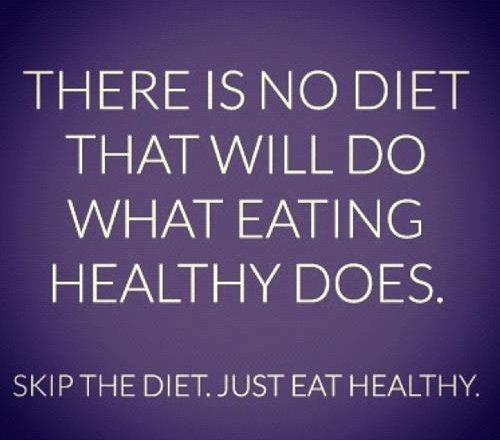
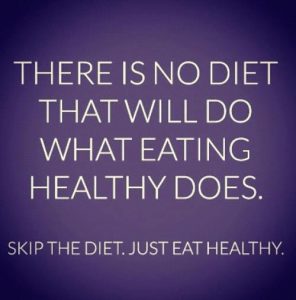 Most of our clients in Irvine, CA, use their trainer and our expertise to find the right diet, if you’re working on your own, it’s not nearly as easy. Before you begin, you need to know what a healthy diet consists of and what your personal goals are. We consider food sensitivities, so should you. No matter how great a specific food is, if it doesn’t agree with you, it shouldn’t be part of your diet. There are some basics for any healthy diet.
Most of our clients in Irvine, CA, use their trainer and our expertise to find the right diet, if you’re working on your own, it’s not nearly as easy. Before you begin, you need to know what a healthy diet consists of and what your personal goals are. We consider food sensitivities, so should you. No matter how great a specific food is, if it doesn’t agree with you, it shouldn’t be part of your diet. There are some basics for any healthy diet.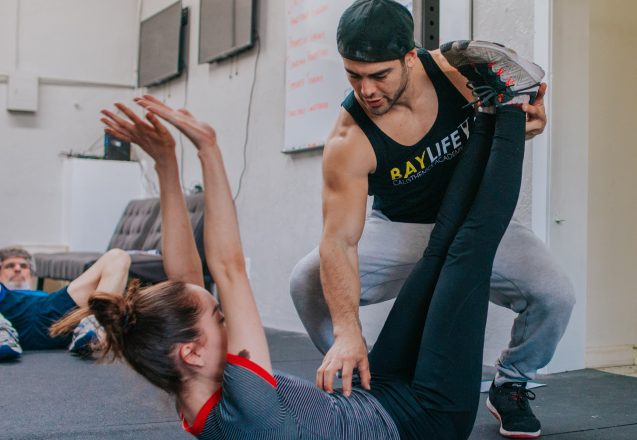
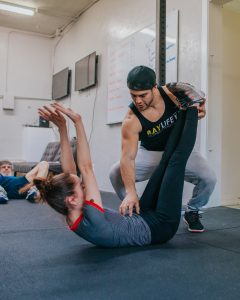 It’s important to have the best trainer to achieve your goals, especially since you’re putting in time and money to get results. There are questions you should ask your personal trainer to make certain that the effort you put in will get the results you want. Not all trainers are the same. Some have the top credentials and get results quickly, while others don’t. The first question you need to ask is about the trainer’s qualifications. What type of credentials does the trainer have and what certifications? Make sure those qualifications are respected in the field and that the trainer also keeps abreast of the latest research.
It’s important to have the best trainer to achieve your goals, especially since you’re putting in time and money to get results. There are questions you should ask your personal trainer to make certain that the effort you put in will get the results you want. Not all trainers are the same. Some have the top credentials and get results quickly, while others don’t. The first question you need to ask is about the trainer’s qualifications. What type of credentials does the trainer have and what certifications? Make sure those qualifications are respected in the field and that the trainer also keeps abreast of the latest research.
 If you’re wondering what angiogenesis, all you have to do is break the word apart and identify the meaning of each part. Angio relates to the blood vessels and genesis is a suffix that means the beginning or development of something. Put them together and they mean the study of how blood vessels develop. Throughout your life, capillaries grow and diminish, based on the need at the time. If you have a wound, more capillaries grow to help it heal. That’s caused by a release of chemicals that induce the growth or splitting of blood vessels to create more.
If you’re wondering what angiogenesis, all you have to do is break the word apart and identify the meaning of each part. Angio relates to the blood vessels and genesis is a suffix that means the beginning or development of something. Put them together and they mean the study of how blood vessels develop. Throughout your life, capillaries grow and diminish, based on the need at the time. If you have a wound, more capillaries grow to help it heal. That’s caused by a release of chemicals that induce the growth or splitting of blood vessels to create more.